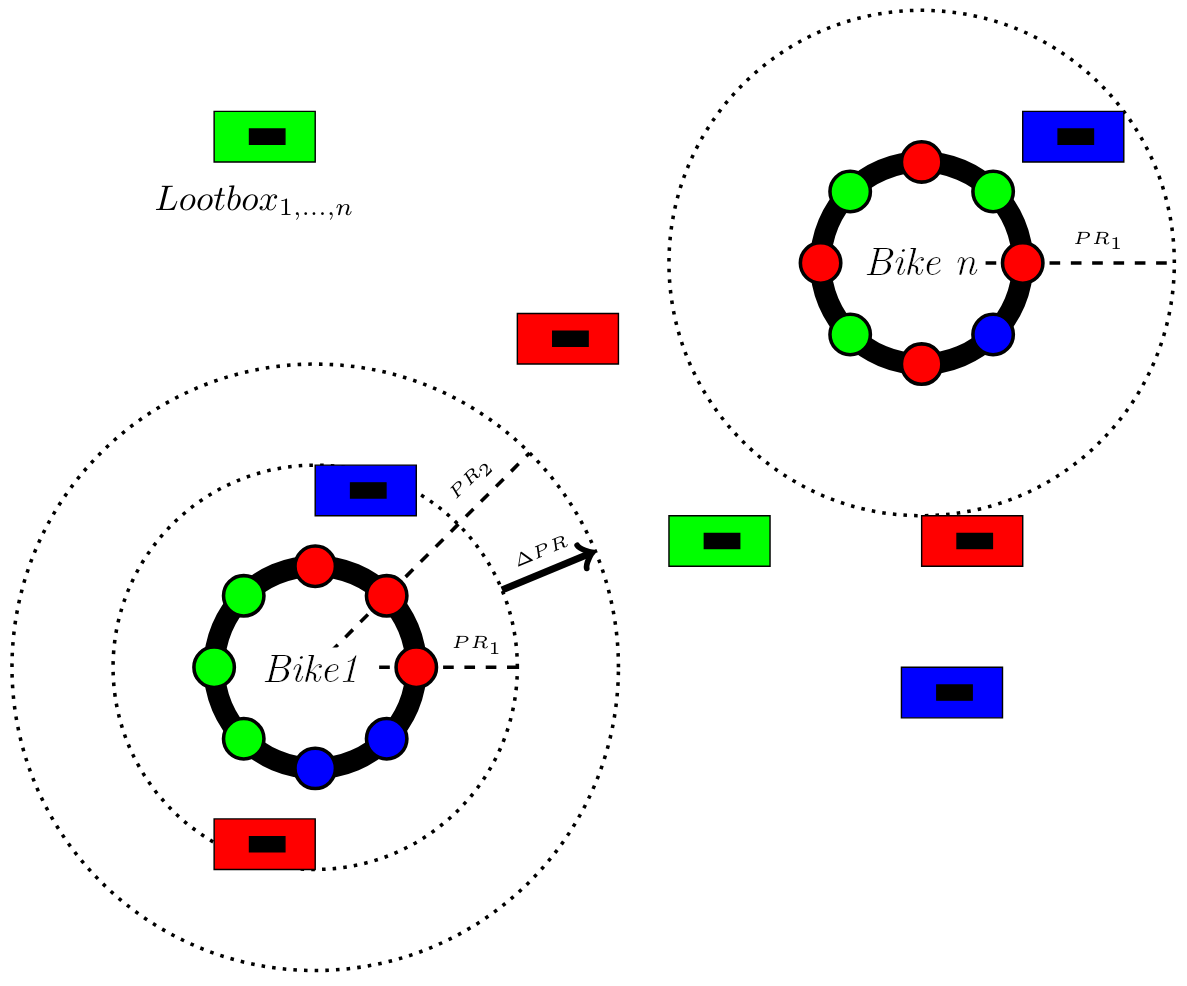An Information-Theoretic Analysis of Leadership in Self-Organised Collective Action
Matthew Scott, Madalina I Sas, Jeremy V Pitt
10.1109/ACSOS61780.2024.00028Abstract. In the absence of pre-established hierarchical authority or coercive control, resolving collective action situations through self-organisation requires a range of alternative mechanisms, including voluntary association, mutually-agreed social contracts, and socially-constructed roles with institutionalised power. In the context of Megabike, a generic testbed for examining multiple inter-dependent social coordination dilemmas, we examine the emergence of effective leadership as a critical element of self-organisation. Using an information-theoretic framework to analyse multi-agent simulations of iterated collective action situations, we show that there is causal emergence and downwards causation, but no causal decoupling. This is significant in the context of social systems in which local interactions between individuals produce beneficial leadership structures, which have, in turn, causal power over the individuals’ agency, and as such expose the society to the risk of degenerative asymmetric power structures.
